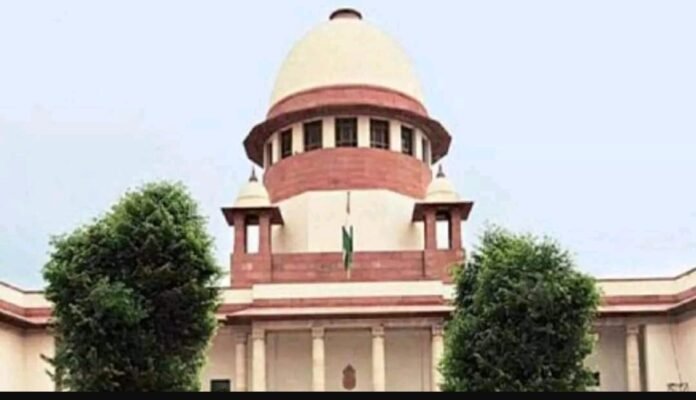New Delhi, July 26, 2023 – In a significant development for transparency and accountability in the Indian political landscape, the Supreme Court has agreed to hear petitions advocating for the extension of the Right to Information (RTI) Act to encompass political parties. This landmark decision comes in response to growing demands for increased transparency within political organizations and the need to empower citizens with access to crucial information.
The RTI Act, enacted in 2005, has been a powerful tool for citizens to seek information from government bodies, thereby promoting openness and curbing corruption. The act has played a pivotal role in bolstering India’s democratic principles by allowing citizens to scrutinize government decisions and hold public officials accountable.
However, one of the main limitations of the current framework is the exclusion of political parties from the RTI Act’s purview. This exclusion has often been a subject of debate, with critics arguing that political organizations, being influential stakeholders in the governance process, should also be held accountable to the public they represent.
Over the years, civil society organizations and concerned citizens have raised concerns about the lack of transparency and financial opacity within political parties. The absence of an obligation to disclose funding sources and expenditure patterns has led to suspicions of illicit financial activities and compromised ethical standards.
The Supreme Court’s decision to hear pleas on extending the RTI Act to political parties has ignited hope among advocates of greater political accountability. The petitioners argue that bringing political parties under the RTI Act would enable citizens to access information related to their functioning, decision-making processes, and financial transactions, thereby fostering greater trust and strengthening the democratic fabric of the nation.
On the other hand, some political parties have expressed reservations about such a move, citing concerns over privacy, security, and the potential misuse of information for political gains. They argue that while transparency is essential, certain confidential aspects of party functioning may need protection to maintain the organization’s effectiveness.
The Supreme Court’s upcoming deliberations on this matter are expected to be thorough and multi-faceted. Legal experts anticipate that the court will take into account the constitutional principles of transparency, the right to information, and the need to maintain a balance between privacy and public interest.
The outcome of these deliberations could have far-reaching implications for Indian democracy. If the court rules in favor of extending the RTI Act to political parties, it would mark a significant step towards promoting accountability, curbing corruption, and enhancing citizens’ trust in the political process. Conversely, if the court upholds the current exclusion, it may set the stage for further discussions and debates on finding alternative means to achieve similar objectives.
As the nation awaits the Supreme Court’s decision, citizens and political stakeholders are engaging in impassioned discussions about the future of transparency and democratic governance in India. The verdict will undoubtedly shape the country’s political landscape and set a precedent for similar discussions in other democratic nations grappling with questions of political accountability.

